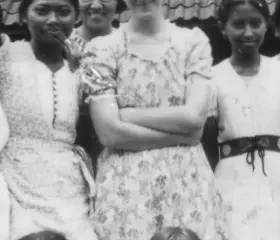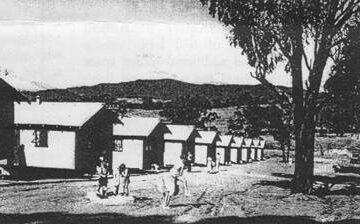A thesis submitted for the degree of Doctor of Philosophy of the Australian National University by Wendy Walker-Birckhead – July, 1988
Abstract
This ethnographic study examines Dutch identity and assimilation in Australia.
Historically, Dutch migrants have been regarded as a highly assimilated group who, upon arrival in Australia, willingly abandoned much of their cultural heritage, including ties with their fellow Dutch.
As a result, they are perceived as one of the most “successful” migrant communities, nearly invisible as an ethnic group.
Through analysis of diverse sources—including scholarly literature, government documents, media reports, and life histories of Dutch migrants in Canberra—this study challenges the prevailing notion of effortless Dutch assimilation.
It suggests that this perceived “invisibility” is itself a defining feature of Dutch identity in Australia, raising the question of why Dutch migrants equated migration with assimilation.
This phenomenon can be partially explained by the historical context of Dutch migration, where both Dutch and Australian migration programs sought to address respective population and labor challenges and emphasized Dutch assimilability as an asset.
The study further explores how Dutch migrants made sense of their migration experiences, with particular focus on gendered interpretations of migration’s significance and the influence of these interpretations on relationships with their Australian-born children.


